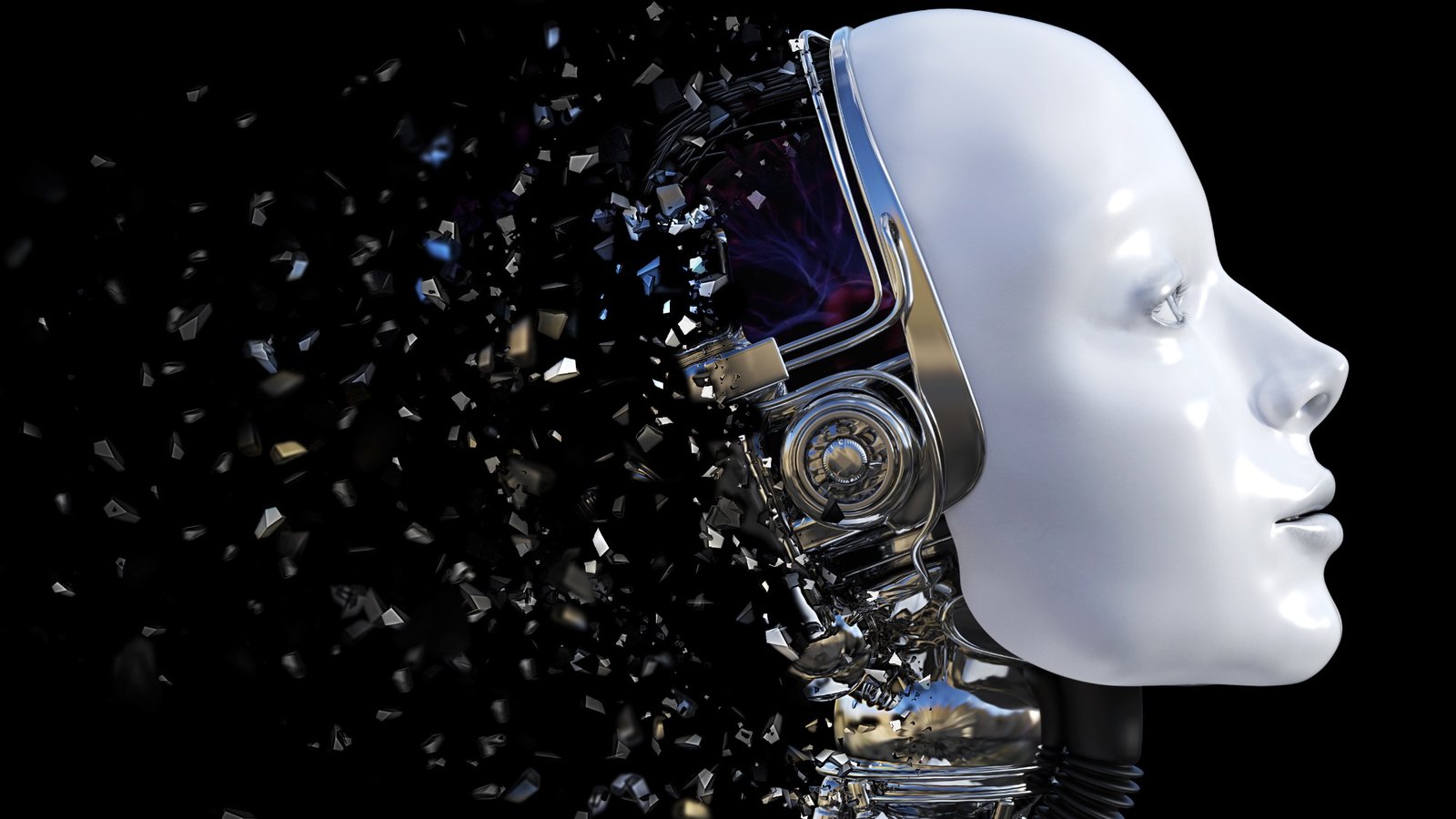The world of AI chatbots has been abuzz with the name OpenAI, whose ChatGPT and Jurassic-1 Jumbo models have become the de facto standard for text-based interactions. However, a growing tide of companies is starting to break free from OpenAI’s grip, opting to build their own custom AI chatbots. This trend is driven by a desire for greater control, customization, and data privacy, even as it presents its own set of challenges.
Key Highlights:
- AI chatbot landscape dominated by OpenAI, raising concerns over dependence and control.
- Companies building custom AI chatbots for greater control, customization, and data privacy.
- Challenges remain in development and deployment, but potential benefits are significant.

OpenAI’s Dominance and the Rise of the Independents:
OpenAI’s powerful language models have undoubtedly revolutionized the chatbot landscape. Their ability to hold natural conversations, generate creative text formats, and translate languages has made them invaluable for businesses and individuals alike. However, this dominance has also raised concerns about dependence on a single entity and the potential for data misuse or manipulation.
Companies are increasingly wary of handing over their sensitive data and brand identity to a third-party platform like OpenAI. They also crave the ability to tailor the chatbot experience to their specific needs, whether it’s integrating with internal systems, incorporating industry jargon, or fine-tuning the chatbot’s personality. This has led to a surge in the development of custom AI chatbots, built and trained on individual datasets and designed to meet specific requirements.
Building the Bespoke Bot: Challenges and Opportunities:
Developing a custom AI chatbot is no easy feat. It requires significant technical expertise, access to vast amounts of training data, and ongoing maintenance to keep the model up-to-date. Additionally, the lack of standardized tools and frameworks can make the process time-consuming and expensive.
Despite the challenges, the potential rewards are substantial. Custom chatbots offer greater control over data security and privacy, allowing companies to keep their customer interactions and proprietary information within their own walls. They also enable deeper personalization, leading to more engaging and effective user experiences. Furthermore, owning the underlying technology empowers companies to adapt and evolve their chatbots as their needs change, fostering long-term growth and innovation.
The Road Ahead: A Blended Future for AI Chatbots?
The rise of custom AI chatbots does not necessarily spell the end for OpenAI or its powerful language models. Instead, we may see a future where both approaches coexist and complement each other. OpenAI’s models could provide a strong foundation, while companies can customize them to their specific needs through fine-tuning and adaptation. This blended approach could leverage the strengths of both worlds, ensuring that AI chatbots continue to evolve and deliver value across diverse applications.
The growing trend of companies building their own custom AI chatbots reflects a desire for greater control, customization, and data privacy in the world of AI-powered interactions. While challenges remain in development and deployment, the potential benefits of bespoke bots are significant, paving the way for a more diverse and user-centric future for AI chatbots.



























